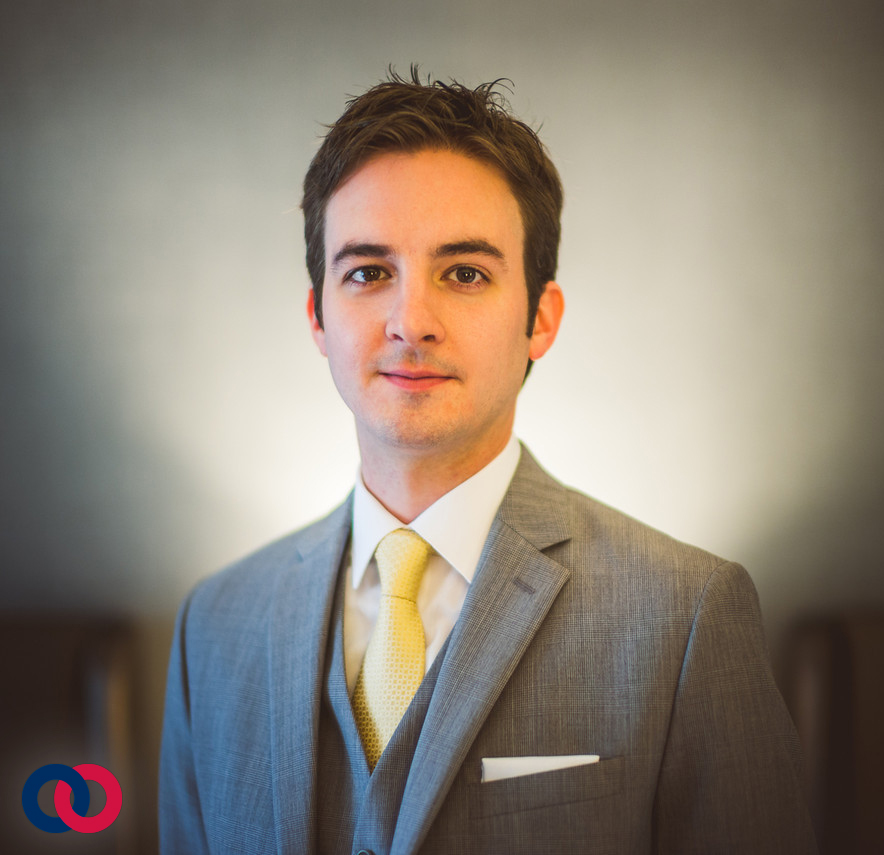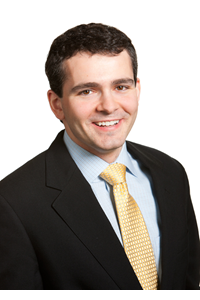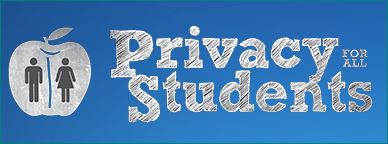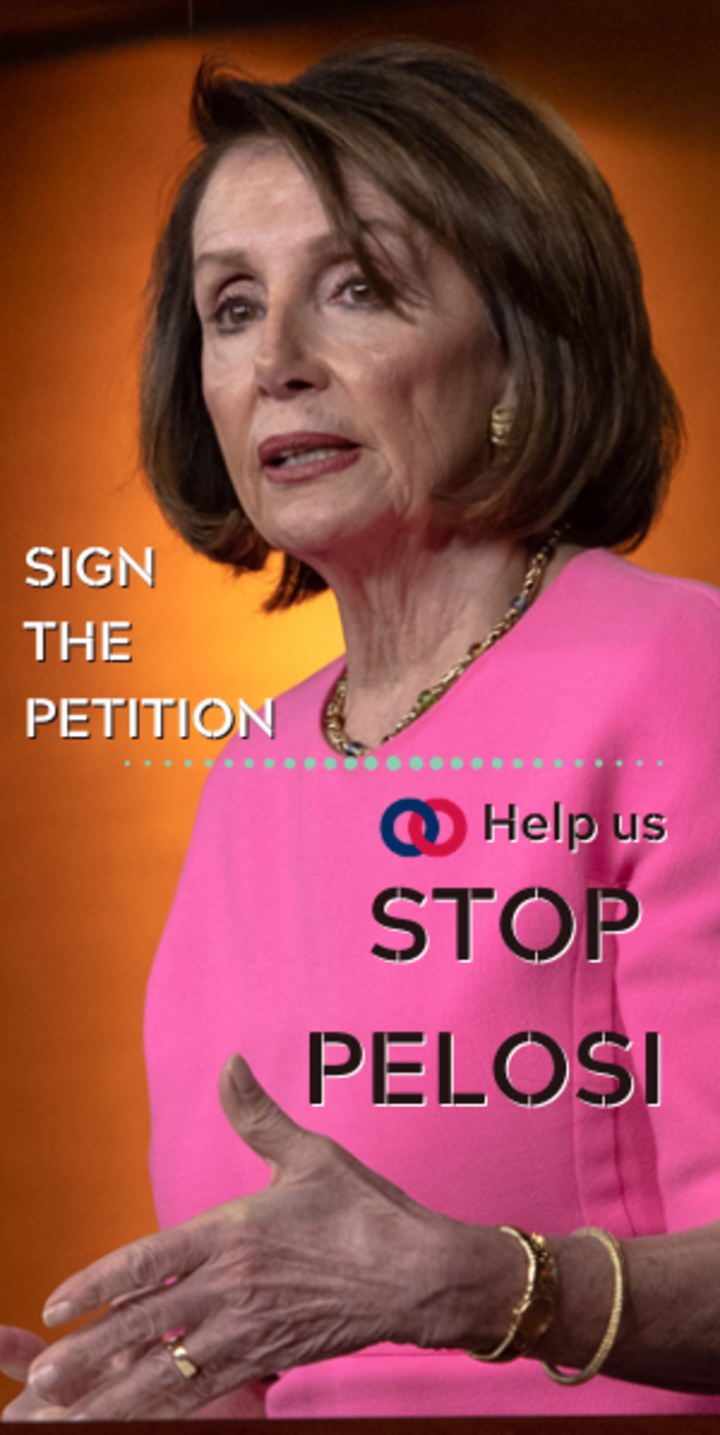[Our dear friend and colleague Thomas Peters has offered us these reflections on his injury and recovery process, and asked that we share them with our readers. We're only too happy to do so. Please continue to pray with us for Thomas, his wife, and all his family and friends. - Eds.]
 On a Friday in July I awoke in the early morning hours to someone beating on my back with their fists. I was lying on a bed in a place I did not recognize and I was in excruciating pain. It was a kind of pain I had never experienced before and did not understand. There was a tube down my throat and my body felt incomplete, as if much of it was missing. I came to realize in the hours that followed, the man beating on my back with his fists was a nurse, and he was trying to dislodge some of the fluid that was filling up my lungs as the result of the diving accident I had sustained three days previously, an accident that had fractured my fifth vertebrae and had given me a severe spinal cord injury, an injury that has changed the course of my life forever.
On a Friday in July I awoke in the early morning hours to someone beating on my back with their fists. I was lying on a bed in a place I did not recognize and I was in excruciating pain. It was a kind of pain I had never experienced before and did not understand. There was a tube down my throat and my body felt incomplete, as if much of it was missing. I came to realize in the hours that followed, the man beating on my back with his fists was a nurse, and he was trying to dislodge some of the fluid that was filling up my lungs as the result of the diving accident I had sustained three days previously, an accident that had fractured my fifth vertebrae and had given me a severe spinal cord injury, an injury that has changed the course of my life forever.
I have no memory of the accident itself. By God's grace, someone spotted me floating face-down in the water and started dragging me to the shore. Had I not been seen, I would have surely died. By God's grace, I was injured on one of the only two days of the year when a group of EMTs gathered less than a mile away for training, so I received prompt medical care for my drowning damage. Had it not been that particular day, help would have been about twenty minutes away and I would have sustained brain damage. And by God's grace there was a field nearby large enough for a rescue helicopter to land and transport me to the University of Maryland Medical Center's Shock Trauma Center, the best unit of its kind in North America. Had I not received the benefit of the best possible care so soon, my recovery would have been unalterably impaired.
Recovery was, and is, hard. It took six weeks to patch me up to a medically stable position suitable enough to transfer me to a rehabilitation center in Washington, D.C. For six weeks in Baltimore, nurses and doctors battled infections and secretions to heal the damage my lungs had suffered from ingesting filthy water. I was placed in a metal halo in an effort to save my fractured vertebrae. And when that effort ultimately failed, I underwent a two-day surgery to replace the damaged vertebrae with a titanium cage. The surgeons also fused my fourth and sixth vertebrates to strengthen my neck. I was intubated, given a tracheotomy, re-intubated, and put back on the tracheotomy. A steady stream of friends and family visited me during this time to lift my spirits and to share tears and smiles. But no one was more faithful than my wife Natalie; she did not leave my side my entire time in the Intensive Care Unit.
A major accident is an invitation to both physical and spiritual recovery. I have never felt God's presence as much as I do since the accident. People will say that accidents like mine should call into question God's mercy or even His existence. But for me, the fact that I survived my injury is the greatest evidence I have ever experienced of God's mercy and providence. I believe God allowed my accident to happen and that He chose to help me survive that accident and every day gives me the opportunity to be blessed through it.
The accident has taught me the essential value defended by the principle of subsidiarity: the value of family and friends as the first line of defense when things go badly. My family and friends have come forward to help my wife and I in ways that have taken our breadth away. They brought us meals, helped pack and move our home, loaned us their cars, contributed their professional advice like how to plan our financial future and cover medical expenses, they have organized prayer groups for us, designed wristbands to help remind people to pray for us and offered us gifts so generous I have had to firmly say no because they are simply too much. The man is never poor or alone who has good friends. My wife and I simply could not gave survived this were it not for our dear family and friends.
The accident has taught me more about the incredible gift of marriage. My father, during his speech at my wedding reception, said the sacrament of marriage gives us the grace to do the impossible. I have met people during these months who think it is incredible, even impossible, that my wife and I survived a trauma like this having been married only three months. I tell them it helps to marry the right woman and get married the right way, the way the Church taught the two of us what marriage is and why it should be honored. People have told us that they are inspired and receive hope from the witness of our marriage – it inspires us too, I respond! We feel it is possible to face anything, even a future of me paralyzed, so long as we cling to each other, to God, and to our marriage vows.
The accident has taught me to be more humble and realistic about my own efforts and contributions. Before my accident I took pride in my self-reliance, and my ability to contribute to the causes I care about, and I still do, but since the accident I have gained a far greater appreciation for the fact that everything I do and am is because of the Lord. I certainly didn't bring myself back from the brink of death and, as a wise priest told me, my prayers and sacrifices these weeks and months have done more to aid the causes of life, marriage and religious freedom than anything I wrote, said or did to promote these prior to the accident.
But make no mistake, as soon as I am able, I am coming back to fight harder than ever for all of these things because I know now that it is prayer that makes the warrior his strongest.
The accident has taught me that I am a work still in progress and anything I do achieve is for God's glory. I completed my term of inpatient rehabilitation this week and the hard work of learning to live on my own again (with the tremendous help of my wife) has just begun, as has grueling outpatient therapy to regain more of the strength and muscle systems I have lost. The vast, vast majority of individuals with my injury never walk again, but there remain signs that I could beat these long odds, and I have been praying to St. Jude for such a miracle. The majority of individuals with an injury like mine never regain the use of their hands - I have had to write these reflections using a knuckle of my right pinky on a touchscreen, if you can believe it. But through the intercession of St. Francis, I am recovering some finger function in my left hand. There are troubling signs that my life will forever be plagued with neuropathic pain, but as I have learned, pain can be offered up and need not inhibit living a good and worthy life. In the coming months, I will be focusing on prayer, reflection and recovery, and then we will know more about what the future holds.
I don't quite remember how it began, but during one of the many sleepless nights spent in the Baltimore ICU, unsure of what that night and the next day would hold, I was inspired by the example of Samuel in the Old Testament, and began quietly saying to God, "Speak, Lord, your servant is listening." This remains my prayer. I do not know what the future holds. But I do know that as long as I have breadth, and with whatever limbs and muscles I can move, I will strive to serve the Lord and do His will. What else is a life for?
You can learn more about my ongoing recovery at tpetersrecovery.blogspot.com.










 Ryan points out a remarkable confluence where "conservatives and libertarians alike oppose this bill," explaining why:
Ryan points out a remarkable confluence where "conservatives and libertarians alike oppose this bill," explaining why:

 But the arguments for marriage will not go away simply by activists' pretending they don't exist.
But the arguments for marriage will not go away simply by activists' pretending they don't exist.








